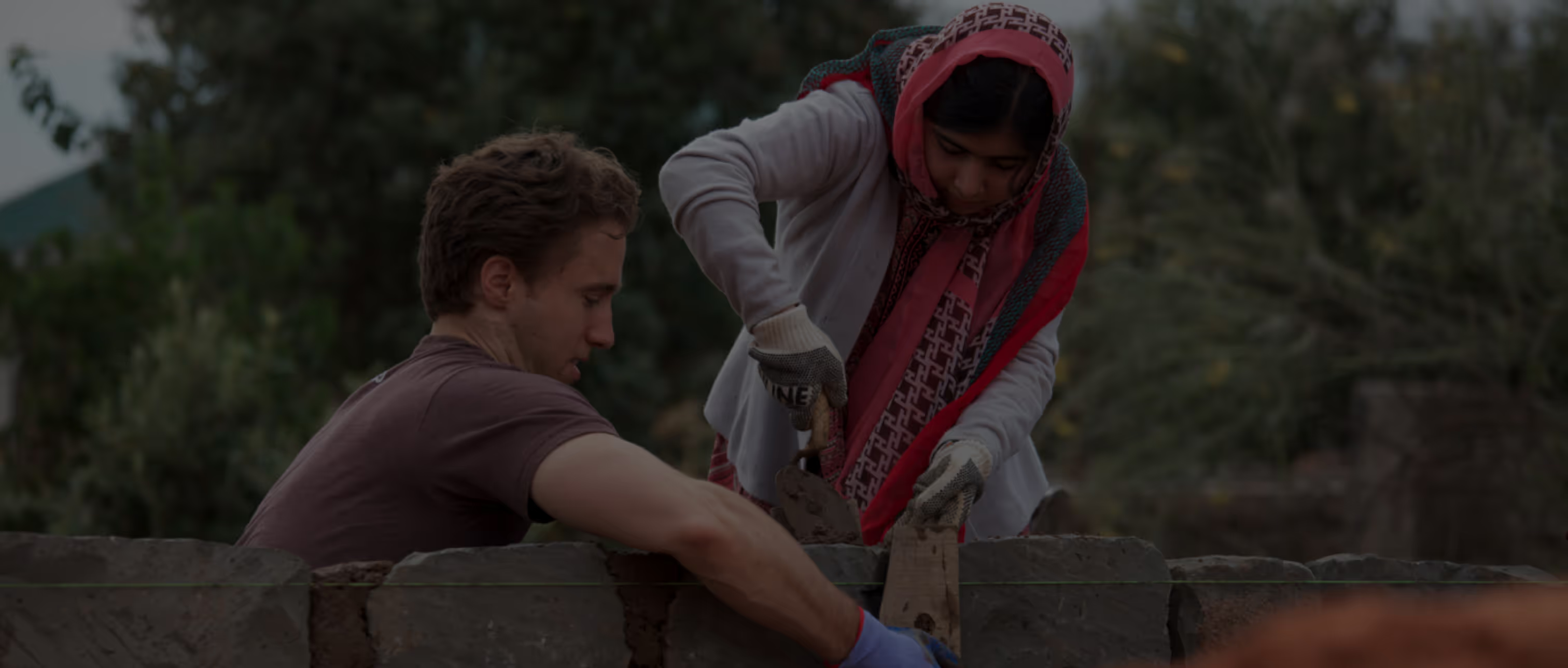
Malala Yousafzai
Malala wanted help in amplifying her message that all girls around the world deserve a right to an education

Malala wanted help in amplifying her message that all girls around the world deserve a right to an education


Nobel Peace Prize winner Malala Yousafzai was born in the Swat Valley in Pakistan. When the Islamic Taliban movement took control of the valley in 2008, girls’ schools were burned to the ground and they were prohibited from seeking an education.
Malala kept a diary of the events, which was published in 2009 by BBC. She used that attention to expose the Taliban for their crimes and oppression of women and girls.
The Taliban took notice and determined that she needed to be silenced. On the morning of October 9, 2012, 15-year-old Malala was riding a bus when it was ambushed and she was shot in the head by the Taliban.
Miraculously, she survived and fled to the UK with her father. Since then, the brave young women has been a tireless activist for girls’ and women's rights and their right to seek an education.
Through this partnership, Malala was able to amplify her message and motivate thousands of young people in North America and the UK to join her cause. At a youth empowerment event in 2014, Malala delivered a passionate speech, telling the audience “The most powerful weapon you have is your voice".

In the same year, the partnership took Malala to Kenya for her first ever trip to Africa where she spent several days meeting with local advocates, leaders and students to learn about the realities of day to day life in the region.
During the trip, which was featured in the Davis Guggenheim documentary film He Named Me Malala, Malala quickly bonded with the Kenyan girls she met, inspired by their dreams and determination to get an education.
She learned about their fervent enthusiasm to go to school and the many obstacles they encounter, including discrimination, poverty, child labor and forced marriages.
She spoke at a community gathering about the importance of educating girls and the critical importance of preventing early childhood marriage. When she finished speaking, the local children, in traditional Maasai dress, leapt to their feet and chanted “Malala” over and over.
The partnership with Malala focussed on developing a strategy and products for the new activist to help build a worldwide movement that inspired children to support the right of all young people to an education – regardless of their gender or where they were born.
Later that year, in October 2014, Malala became the youngest person ever to win the Nobel Peace Prize.